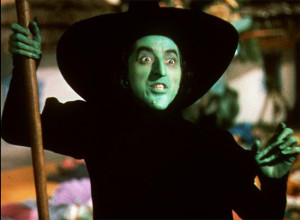I never met Morrison but she helped me cope with one of the most vexing aspects of being a writer.
It happened in Chicago. I was on a short Midwestern book tour with another author. Over a steak dinner one night, we shared our admiration of authors including Morrison.
Like many of her fans, I read The Bluest Eye, Beloved, and essays of hers in a state of wonderment and delight. Writers like Morrison, Ann Tyler, Julian Barnes, Ian McEwan are so polished, so deep, so memorable that reading them, I feel like Viola in Twelfth Night: “O brave new world to have such people in it.”
Done with talking about her work, my travel buddy told me a story he had first hand that has stuck with me for twenty years.
A young writer contacted Morrison to ask for a blurb for her forthcoming novel. Now, whether you do an MFA or follow a different route to becoming a published author, nobody warns you how demeaning it can be to beg authors you know–or would like to know–to endorse your book.
It’s not enough to have fought your way through to find an agent or a publisher, now it seems like you’re starting all over again, a supplicant in a universe of wealth.
Some authors never bother to reply. Others wait till it’s too late to fill their spot to let you know they’re busy and can’t do it. I’ve even had one well-known author change his mind at the last minute, without offering a reason. Another said she never blurbed books, which made my editor at the time laugh because this author had skyrocketed to fame thanks to a blurb she got for her first book from someone as famous as she was now.
Then there are the writers who say they’ll blurb the book but don’t have time to read it, and tell you or your editor to write whatever. And you’re stuck wondering if it’s ethical to have their name on your book when the quote is in effect bogus. Does it taint the book’s karma, or your own?
So the young author waited and waited for Morrison to reply. Then the author wrote a second request which was on the desperate side. This time, she got a speedy reply: “My dear: I understood your letter to be a request, not a demand. Sincerely, Tony Morrison.”
My first response after laughter was pity for the newbie author. But then my focus turned to Morrison herself. She probably was the recipient of hundreds of blurb requests–and that was before she won the Nobel Prize. I felt sorry for her and admired the elegance of her note.
Would Morrison’s blurb have made a difference? There’s no way of knowing. Best-selling authors have blurbed my books and it’s been lovely to have their imprimatur, so to speak, but the excitement fades too quickly because there’s always another book in the pipeline and a different sent of authors to hit up for blurbs.
When Morrison died, that story about her note was the first thing I thought of. It had turned the obnoxious task of getting blurbs into a mild comedy of errors, and we authors need to laugh more about the vagaries of our business. As an author friend once warned me, “The only thing worse than not being published is being published.”
Lev Raphael teaches creative writing online at writewithoutborders.com and is the author of 26 books in genres from memoir to mystery.


